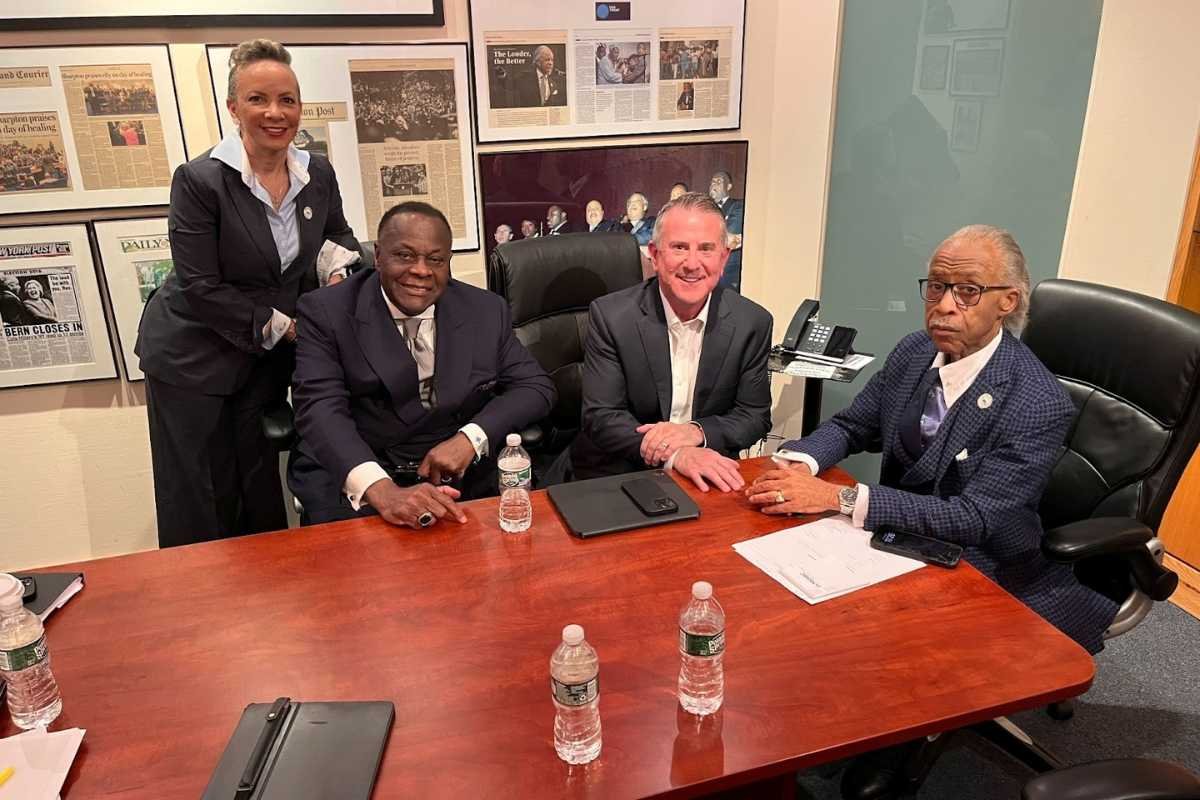Civil Rights Leader Meets with Target CEO
In a move aimed at addressing mounting concerns over its recent retreat from diversity initiatives, Target CEO Brian Cornell met with the Rev. Al Sharpton on Thursday in New York. The meeting comes as the Minneapolis-based retail giant faces increasing pressure from civil rights groups and faith-based activists who have launched a boycott campaign in response to Target’s rollback of diversity, equity, and inclusion (DEI) efforts.
Following the discussion, Al Sharpton described the conversation as “very constructive and candid,” indicating a serious engagement between both parties. Although the company declined to share specific details of the meeting, it confirmed that the dialogue was initiated at Target’s request. The meeting takes place against the backdrop of declining in-store traffic, with Target reporting ten consecutive weeks of year-over-year decreases in footfall.
Boycott Movement Gains Traction
The backlash stems from Target’s decision in late January to significantly scale back its DEI commitments. These changes included the discontinuation of its participation in third-party DEI surveys, a rebranding of its supplier diversity initiatives into broader “supplier engagement” programs, and the planned conclusion of its Racial Equity Action and Change (REACH) goals by the end of 2025.
In response, Rev. Dr. Jamal Bryant, a Georgia-based pastor, launched the boycott campaign under the banner of “Target Fast.” The initiative, hosted on targetfast.org, aims to rally Christians to abstain from shopping at Target for 40 days, starting March 5—the beginning of Lent. Several religious leaders have publicly supported the protest, emphasizing the moral and social implications of the company’s withdrawal from its previous DEI commitments.
Sharpton, who has long been a vocal advocate for racial justice and corporate accountability, said he would brief Rev. Bryant and other allies on the details of his conversation with Cornell before deciding on further steps.
Target Faces Mounting Pressure to Clarify Direction
With consumer trust and corporate responsibility under increased scrutiny, the meeting between Al Sharpton and Cornell marks a pivotal moment for Target as it navigates growing dissatisfaction among communities that have historically supported its DEI efforts. The retailer now faces the challenge of regaining credibility and reconnecting with a segment of its customer base that views the rollback as a step backward for social progress.
While it remains unclear whether the boycott has significantly affected Target’s overall revenue, the dip in foot traffic over the past ten weeks suggests that the controversy may already be taking a toll on its brand perception. Moving forward, stakeholders and consumers alike will be watching to see if Target takes further action to reaffirm its commitment to diversity and inclusion or maintains its course in reshaping its internal policies.
For now, the conversation between Sharpton and Cornell represents a first step—one that may determine whether healing and meaningful change follow or if the divide continues to grow.
Did you find this article helpful? Visit more of our blogs! CIO Women Magazine









